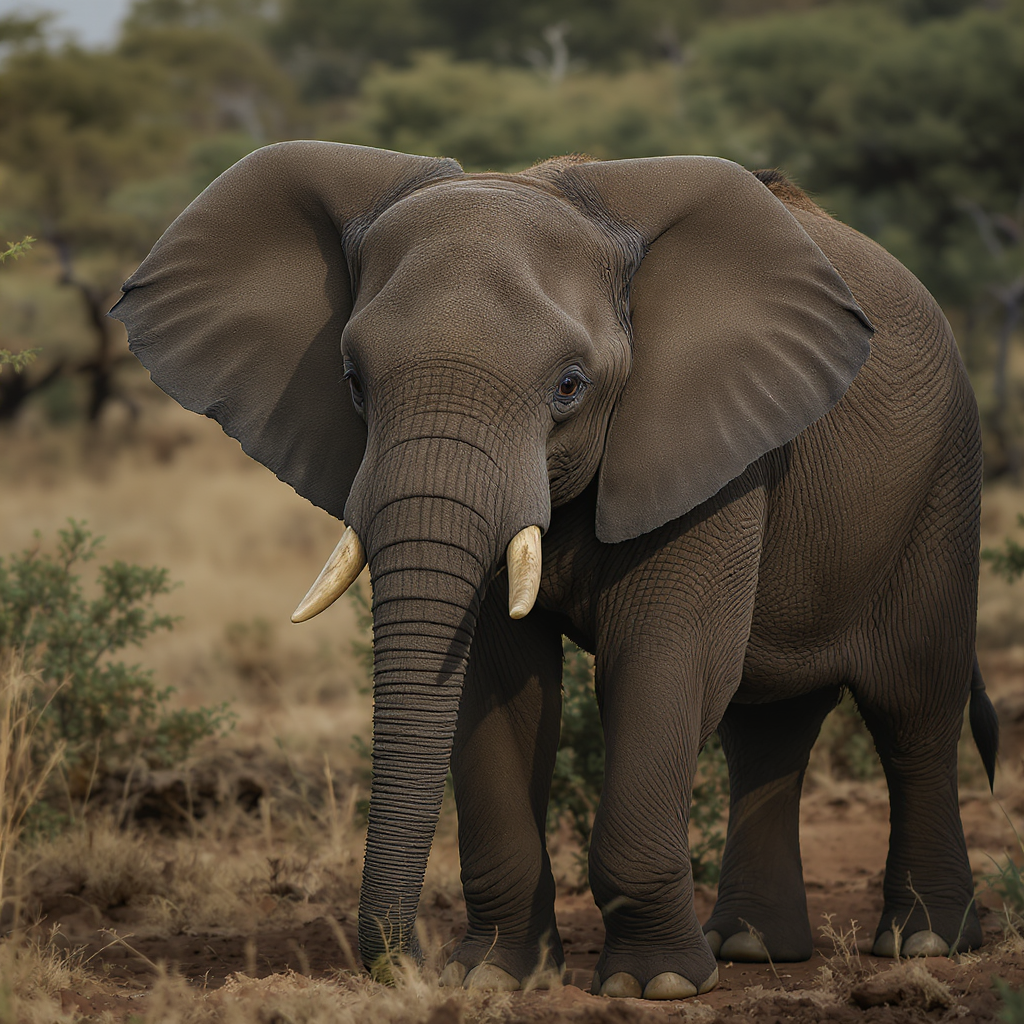
In a quiet infusion suite, a nurse checks a drip that represents decades of tinkering with the code of life. Gene editing has long promised revolutions; this year, it starts to keep that promise in public. With the first CRISPR-based therapy approved for a genetic blood disorder and early human data from in vivo edits that dial down disease drivers, the field is no longer a hypothesis racing mice in fluorescent-lit rooms. It is a calendar of appointments, a ledger of costs, a policy debate that stretches from agriculture ministries to bioethics councils. As the tools grow more precise and delivery gets smarter, the question shifts from “Can we edit?” to “How, for whom, and at what price?”
A young man with sickle cell disease watches the fluid sink into a port in his chest. His own stem cells, harvested weeks earlier, have been edited to switch back on a fetal hemoglobin program that his body abandoned after birth. The process is grueling—chemotherapy to clear space in his marrow, days of waiting for counts to recover—but the story he tells afterward is simple: the pain crises stop, the hospital visits fade. The moment feels domestic and ordinary.
It is also historic, the first time a gene-editing therapy has cleared the regulatory gauntlet and become a standard option, with doctors and insurers weighing it like a hip replacement or a transplant. Down the corridor, a researcher scrolls through a plot showing a curve that drops and stays down. It is low-density lipoprotein cholesterol, the number many people track on annual physicals, now pulled south by a single infusion of a base editor that makes a tiny chemical change in a liver gene. Early trial participants show substantial reductions that persist for months, possibly years, after a single treatment.
The thrill in the lab is tempered by caution; every dot on the graph is a person with a biography, not a mouse in a cage. But the idea that a lifelong pill could become a one-time molecular rewrite is no longer science fiction. In another building, a slide projected onto a conference room wall shows a different protein holding flat at a low level: transthyretin, the culprit in a form of amyloidosis that thickens the walls of the heart and stiffens nerves. This time, CRISPR rides into the liver courtesy of lipid nanoparticles, edits in cells in vivo, and leaves behind a durable change that keeps the disease-causing protein suppressed.
The first human recipients are followed for years, and the line on the slide refuses to drift upward. That flat line—so unassuming—signals a shift from managing symptoms to erasing the molecular cause. What changes most in these rooms is not only the act of cutting DNA but the art of getting there. On one bench, vials labeled LNP sit beside AAV syringes and engineered protein shells that mimic viral particles without carrying their baggage.
On another, a team swaps out a bulky CRISPR for a compact variant that fits into tighter delivery vehicles. Discussions once bogged down in speaking about enzymes now hinge on packaging and navigation, as if DNA editing has matured from forging a blade to mastering the postal service. The smoother the delivery, the more the body’s inaccessible neighborhoods come into reach. Regulators sit with mountains of paper and data dashboards, searching for misprints that could seed catastrophe.
Off-target edits are combed for like typos in a legal brief. Safety committees keep watch for rare adverse events: an immune flare that lands someone in the ICU, a silence in blood counts that lingers longer than it should. Even when the benefits are overwhelming, the price tags are vertiginous. A single course of a gene-editing therapy can cost millions, the arithmetic of a lifetime of hospitalizations compressed into a one-time invoice.
In insurance back offices, analysts argue with spreadsheets about how to pay for a cure that arrives all at once. Far from these clinics, a grad student opens the door to a greenhouse smelling like damp soil and chlorophyll. Tomato vines trained on wires hold fruit bred not by crossing but by a precise snip in a gene that regulates nutrition. Rice plots shimmer, leaves unruffled by the blight that used to carve brown scars down their veins.
In several countries, regulators draw a distinction between edits that make small, targeted changes and transgenic plants that carry foreign DNA, and the former slip through with less friction. Farmers from coastal villages to highland terraces lean over their fields and calculate what a season without disease might mean for family finances. In a community hall, an evening meeting unfolds beneath a hum of fluorescent lights. Patient advocates who remember nights crumpled around sickle crises share the relief that the new therapies bring; parents ask what it means to bet a child’s future marrow on a technology that’s younger than they are.
On a side table, a printout about embryo editing lies untouched. The shock of 2018 still hangs in the room, when edited babies burst into headlines and triggered a global backlash. Most countries keep heritable changes off limits, a line in the sand that even the most ambitious labs treat as a shoreline not to cross. Somatic editing—treating cells in a body without touching the next generation—is where the field chooses to stand.
In a seminar spun late into night, a professor sketches two arrows on a whiteboard, labels one search, the other replace. This is prime editing, a method that reads like a text editor for DNA, able to swap letters without cutting both strands. The whiteboard is crowded with caveats, but the ideas move with purpose: the first applications may go after single-letter errors that ruin a blood cell’s machinery or a liver’s housekeeping. Regulators begin to probe proposals; companies measure manufacturing runs in liters; patient groups ask for timelines in weeks, not years.
The distance between a preprint and a clinic shortens by lived experience. Behind the scenes, machine-learning models sift through gobs of sequence data to predict which edit will strike truer and which delivery route will leave fewer footprints. A procurement manager tracks cold-chain shipments so editors arrive at -80 degrees, not -60, because those twenty degrees can make magic turn mundane. In a wet lab on a Tuesday afternoon, a scientist abandons her pipette for a moment to listen to a voicemail from a friend across town who just got a call: the insurer approved coverage.
This is how a technological revolution actually looks—less like a switch flipping, more like a constellation clicking into view one pinprick at a time. The young man from the infusion suite returns to the clinic months later without the wary posture he once wore. He jokes about his hair coming back in and about forgetting to pack a hospital bag “just in case,” because just in case no longer haunts his calendar. He has no illusion that the science is perfect; he knows people in the same trial who count their blessings with more caution.
But when he presses his palm to the glass of the clinic door and steps into a bright afternoon, the future feels less like a sentence and more like a paragraph waiting to be written. It is easy to speak of code and tools and delivery as if people are peripherals to the process. In truth, what advances this field are choices: to insist on long follow-ups; to build patient registries that reflect real diversity; to price cures so that cures travel. The science is learning to edit letters with elegance.
Society is learning to edit itself—to revise inequities, to annotate consent, to format trust in institutions that have to earn it paragraph by paragraph. The work stretches on, and with each carefully placed change, the story of our relationship with our own DNA becomes more legible—and more our own to decide.






































